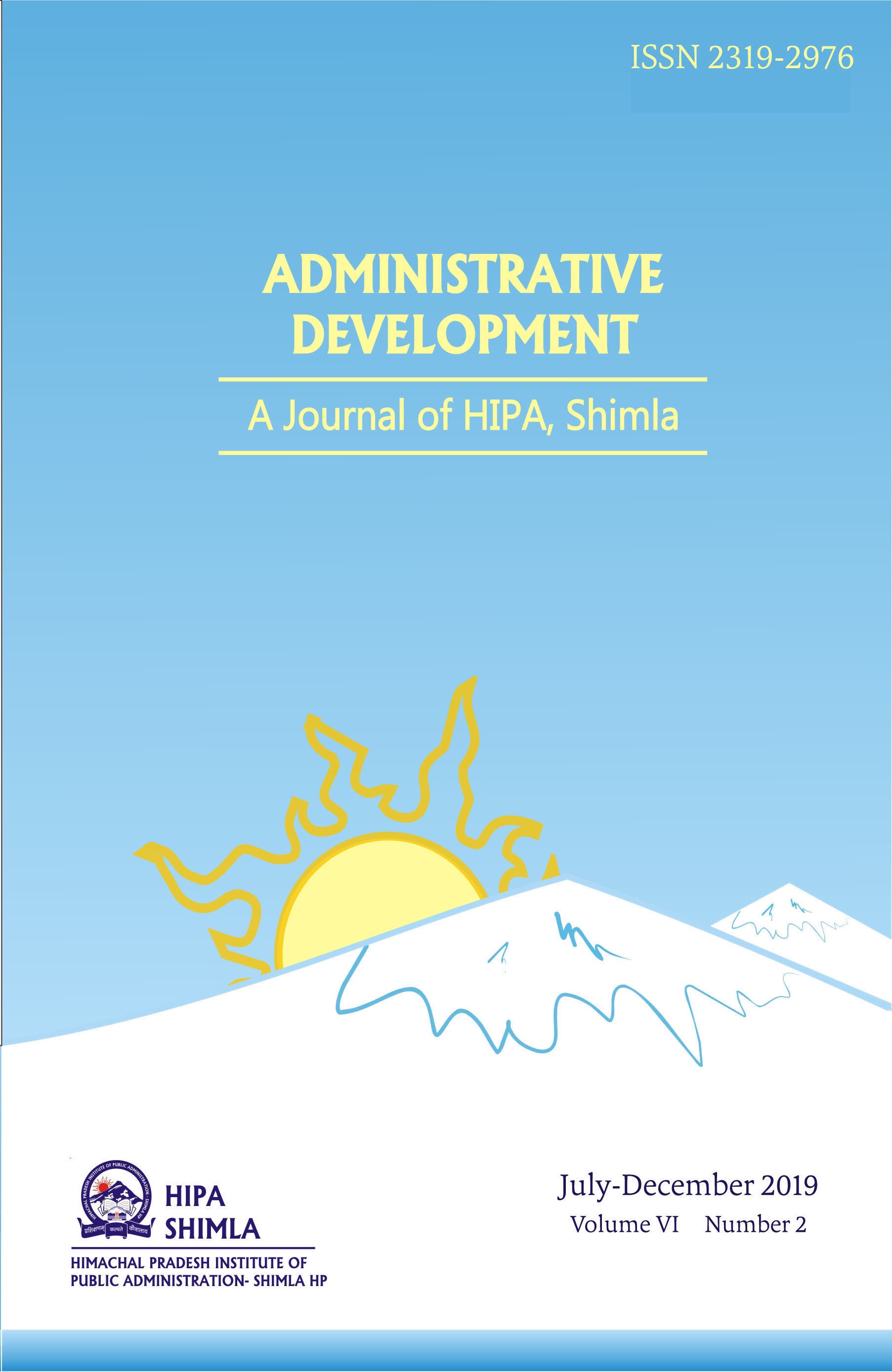DOES FDI PROMOTE ENERGY EFFICIENT TECHNOLOGY IN INDIAN INDUSTRY?
Keywords:
Energy intensity, FDI, Industry, Services, Technology, FMOLS.Abstract
The paper analyzes the specific and co-effects of FDI inflows on energy intensity (EI) in India using data for 1986-2017 and employing fully modified ordinary least square (FMOLS) co-integration. The paper finds that FDI inflows, share of industry and services are co-integrated with energy intensity. The results indicate that the impact of FDI inflows on energy intensity in India does not conform to the theory of heterogeneity of firms in international trade. The specific effect of FDI and its co-effects with industry do not lower energy intensity in India. The co-effects of FDI and services sector are found to be marginal. As FDI inflows do not promote transfer of energy-efficient technologies, there is a need to incorporate EI as a parameter in FDI policy and strengthen its linkages with National Mission for Enhancement of Energy Efficiency.

Downloads
Published
How to Cite
Issue
Section
License
Upon acceptance of an article, authors will be asked to complete a 'Journal Publishing Agreement'. An e-mail will be sent to the corresponding author confirming receipt of the manuscript together with a 'Journal Publishing Agreement' form or a link to the online version of this agreement.
Subscribers may reproduce tables of contents or prepare lists of articles including abstracts for internal circulation within their institutions. Permission of the Publisher is required for resale or distribution outside the institution and for all other derivative works, including compilations and translations. If excerpts from other copyrighted works are included, the author(s) must obtain written permission from the copyright owners and credit the source(s) in the article. As a general rule, permission should be sought from the rights holder to reproduce any substantial part of a copyrighted work. This includes any text, illustrations, charts, tables, photographs, or other material from previously published sources.
This journal permits and encourages authors to post items submitted to the journal on personal websites or institutional repositories both prior to and after publication, while providing bibliographic details that credit, if applicable, its publication in this journal.
